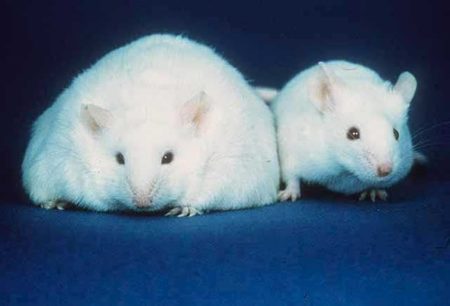Rich Western Diet Reprograms Immune Cells in Mice
A 2018 article by Anette Christ and colleagues in the journal Cell describes the process by which a Western diet can trigger changes to the immune system in mice. The mice fed a calorically rich Western diet started to show systemic inflammation. Blood measures of inflammation returned to normal after the mice resumed their regular diet, but their immune responses remained heightened, as if the immune system had been trained to overreact.
The vast majority of deaths in Western cultures are caused by noncommunicable diseases such as type 2 diabetes and cardiovascular disease, which have been linked to lifestyle factors such as diet and exercise. The immune system has two wings: one that responds to specific pathogens, and one that mounts general protection against infection and is triggered by immune signaling receptors. However, according to Christ and colleagues, in addition to reacting when microbes are present, this second wing may also respond to “sterile” danger signs, such as consumption of a Western diet. The immune system may become trained to react this way chronically, something that the researchers believe may trigger inflammation in noncommunicable diseases.
The Western diet triggered epigenetic changes to the mice’s immune system. Epigenetic changes are ones that affect the structure of DNA, for example how tightly it is packaged. In the case of the Western diet, these changes resulted in a heightened immune system that launched strong inflammatory responses in reaction to even small stimuli. Myeloid cells from bone marrow were reprogrammed to proliferate and provide a stronger immune response.
The researchers also took human monocyte cells trained with LDL (“bad”) cholesterol and stimulated them with lipopolysaccharide (an inflammatory compound made of fat and sugar). The cells showed a heightened immune reaction similar to that seen in the mice.
Mice genetically engineered to lack the inflammasome NLRP3, which activates inflammatory responses, did not show the systemic inflammation or the enhanced myeloid activity when fed the Western diet, so Christ and colleagues believe NLRP3 may play an important role in mediating the immune response to the Western diet.


